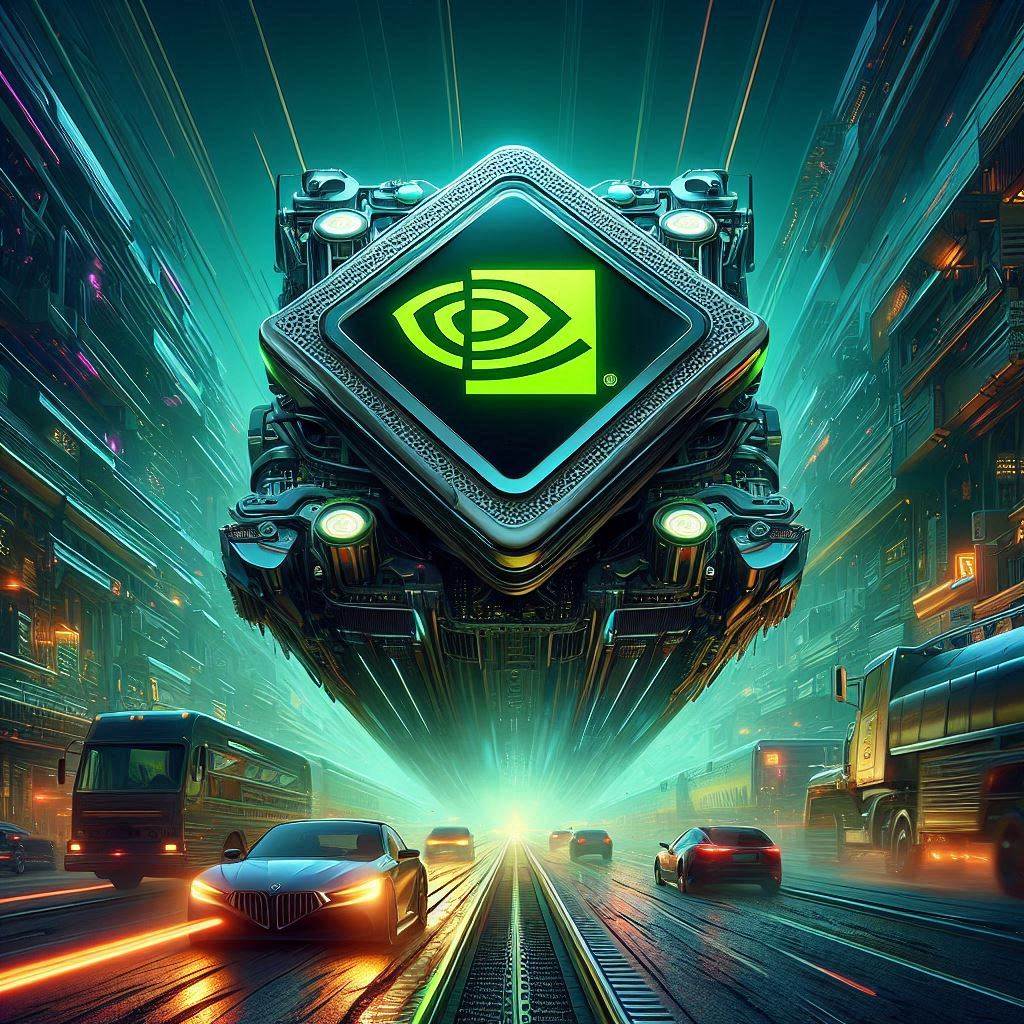
Nvidia customers who have ordered the new Blackwell flagship line of chips are experiencing delays due to design flaws. The flaw in the B200 chips was discovered "unusually late in the production process," according to The Information. The affected chips, manufactured by Taiwan Semiconductor Manufacturing Company (TSMC), have a processor die issue connecting two Blackwell GPUs on a single board.
Originally, these chips were expected to be delivered to partners later this year. However, the design flaw will delay production targets, pushing some shipments to 2025. Nvidia must now rework the design and conduct further production tests with TSMC before proceeding to mass production.
Major tech companies such as Meta, Microsoft, and Google have invested heavily in the new chips, spending "tens of billions of dollars." These chips promise to run massive AI models at 25 times lower costs than previous Nvidia hardware. Meta aims to expand its infrastructure, Microsoft seeks to secure the chips for its and OpenAI’s training efforts, and Google has reportedly ordered over 400,000 Blackwell chips, despite promoting its own custom hardware, Tensor Processing Units (TPUs).
To mitigate the impact of the delays, Nvidia will extend the lifespan of its previous flagship line of chips, Hopper. According to chip industry analyst firm SemiAnalysis, Nvidia will also offer a chip compatible with the current die system: the B200A. The B200A is designed for lower to mid-range AI systems and will eventually be replaced by the B100 and B200 chips once the design flaw is resolved.
Interestingly, the die used in the B200A will also be featured in a chip specifically designed for the Chinese market, the B20. This comes in response to U.S. export controls that have prevented Nvidia from selling powerful hardware to clients in China. The B20 chip aims to recapture the Chinese chip market by complying with these export restrictions.
The design flaw in Nvidia's Blackwell chips has caused significant delays, impacting major tech companies that rely on these chips for their AI infrastructure. Nvidia is taking steps to address the issue by extending the lifespan of its Hopper chips and introducing the B200A to fill the gap. Additionally, Nvidia is working on the B20 chip to navigate export controls and re-enter the Chinese market. As Nvidia resolves these challenges, the tech industry will closely monitor the impact on AI development and deployment.